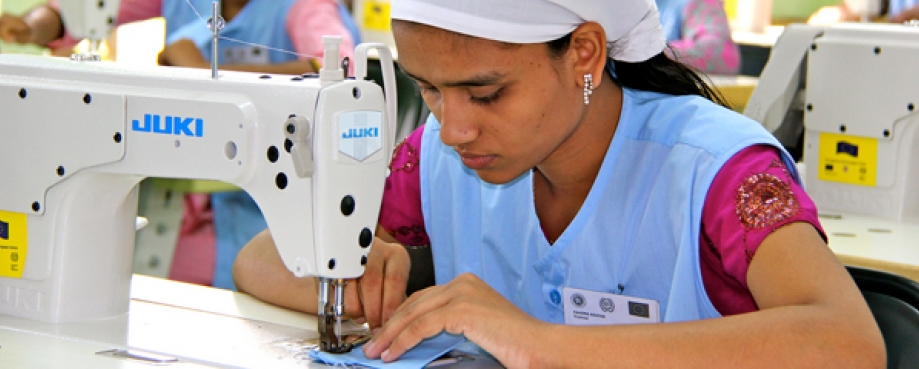
We welcome ‘After Rana Plaza: A report into the readymade garment industry in Bangladesh’ which has just been published by the UK’s All Party Parliamentary Group on Bangladesh. This report highlights the complex set of issues facing the sector, acknowledging that Bangladesh needs support from the UK and Europe, in order to drive reform.
ETI Director Peter McAllister said: “It is crucial that there is a focus on actions that are practical, will make a difference in the short-term and that can be executed. We also support the idea of establishing a longer-term, comprehensive plan to overcome the challenges facing Bangladesh’s garment sector.
We ask that the call for Western governments to provide support for this process be matched by support for Bangladesh. We also applaud the call for greater efforts by brands to prioritise dialogue with workers and facilitate industrial relations within Bangladesh – something that our member companies take seriously as part of their ETI membership obligations.”
Recommendations for increased transparency are welcome, but this needs to be linked to purchasing practices and fair trading standards. We would be concerned if there were a rush to develop an industry kitemark before these issues have been duly prioritised, and progress has been made against them.
ETI shares the report’s concerns about flaws in current auditing regimes, and suggests that there is a need for greater transparency and coordination. There is an opportunity to build on the best practice of brands, such as purchasing practices and use of ethical trade performance indicators.
Peter McAllister said: “Wage negotiation processes in Bangladesh currently fall short of workers’ expectations. This issue needs to remain a key focus, so that in the immediate term, the minimum wage for Bangladesh’s garment workers moves closer towards the living wage mark.
At the heart of a healthy industry is the ability of workers to raise issues with management. A significant effort must be made to ensure that Bangladeshi garment workers are front and centre of industry change, and not passive recipients of this change.”
Also see: Rana Plaza - six months on
